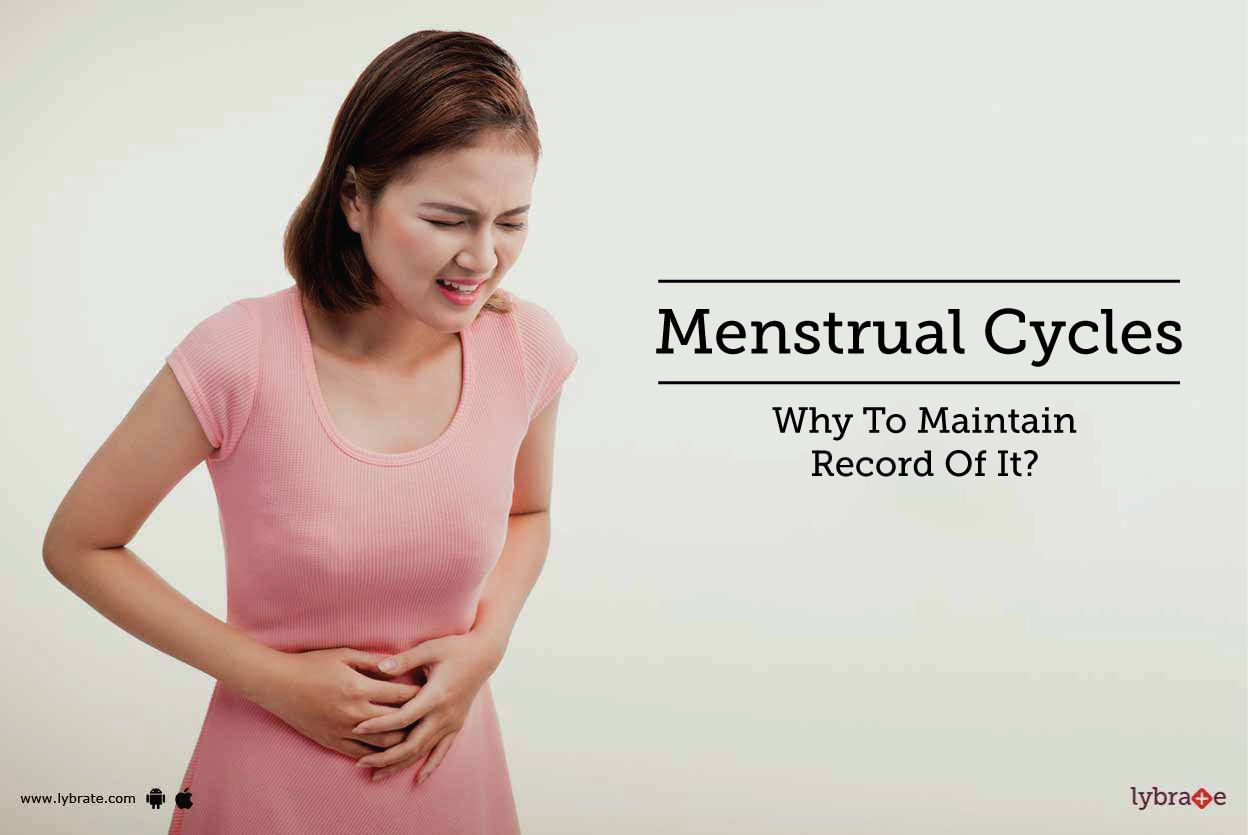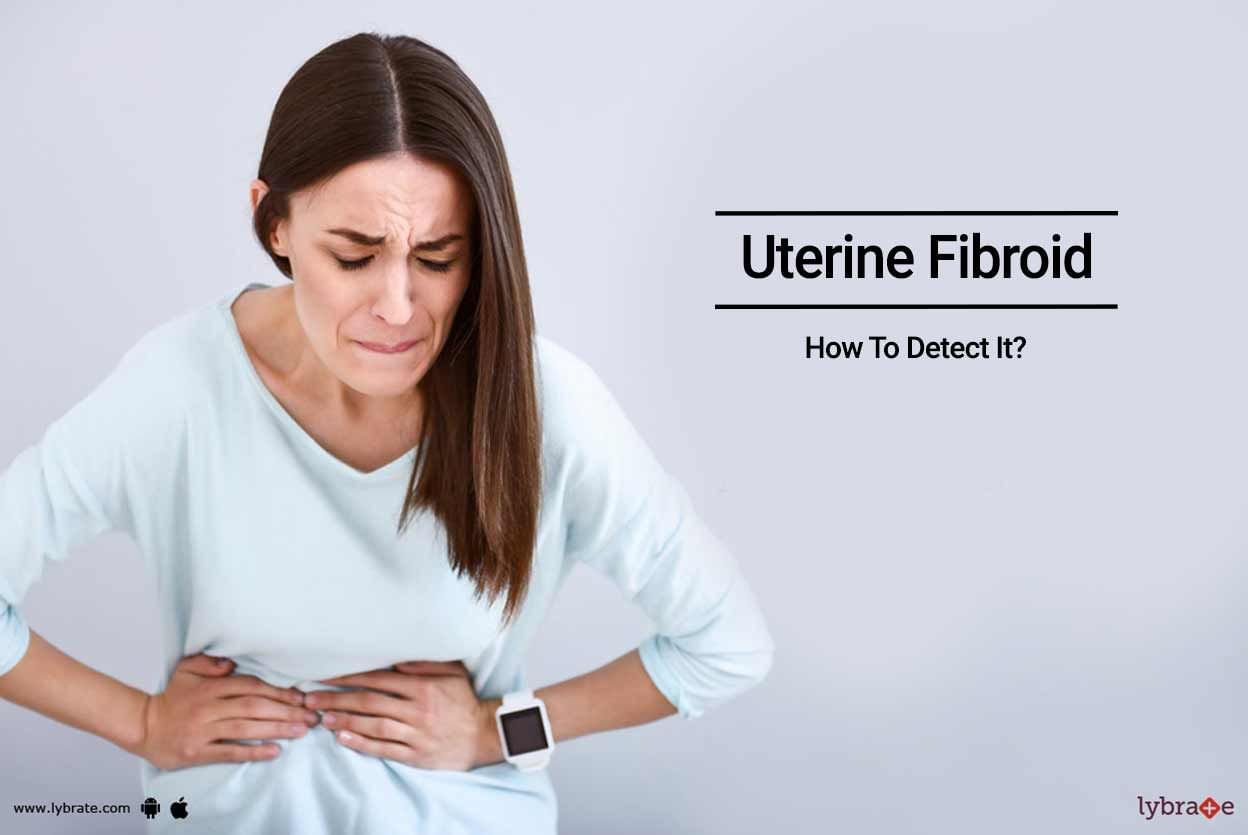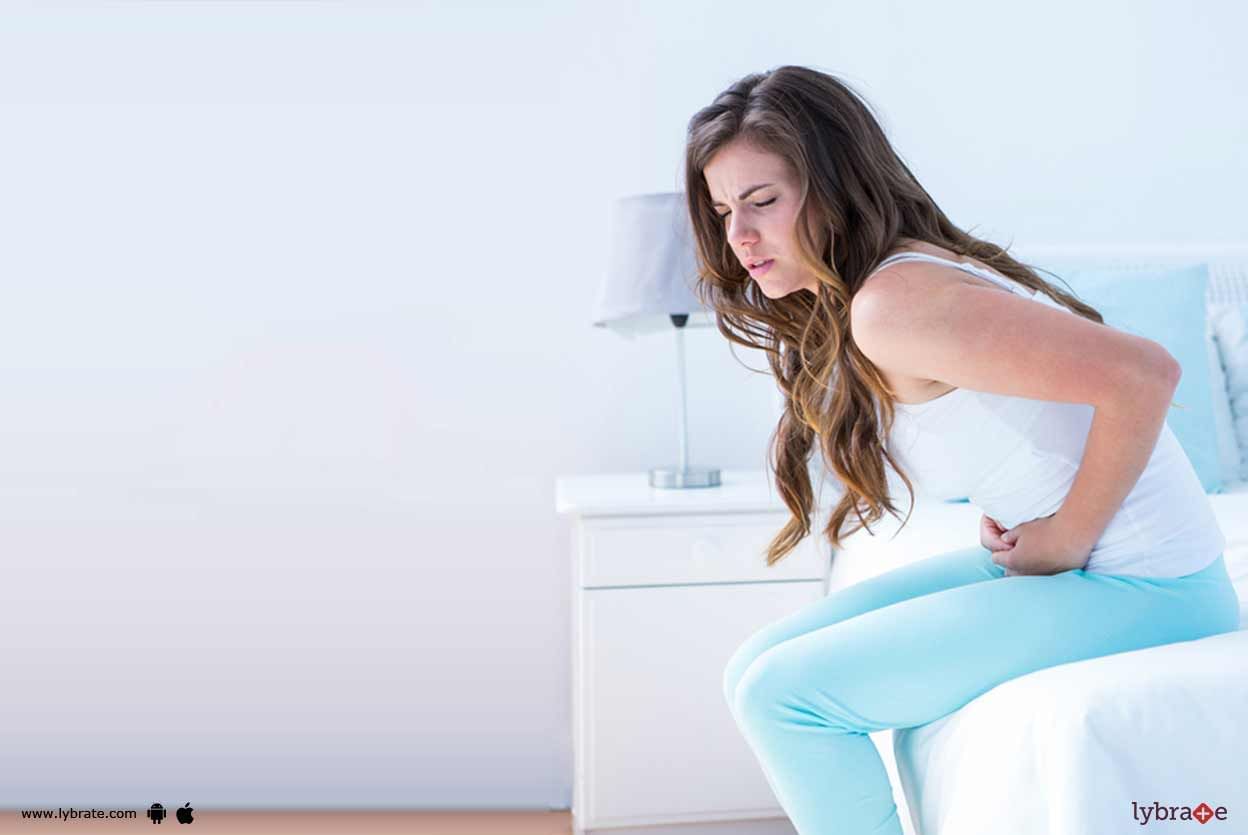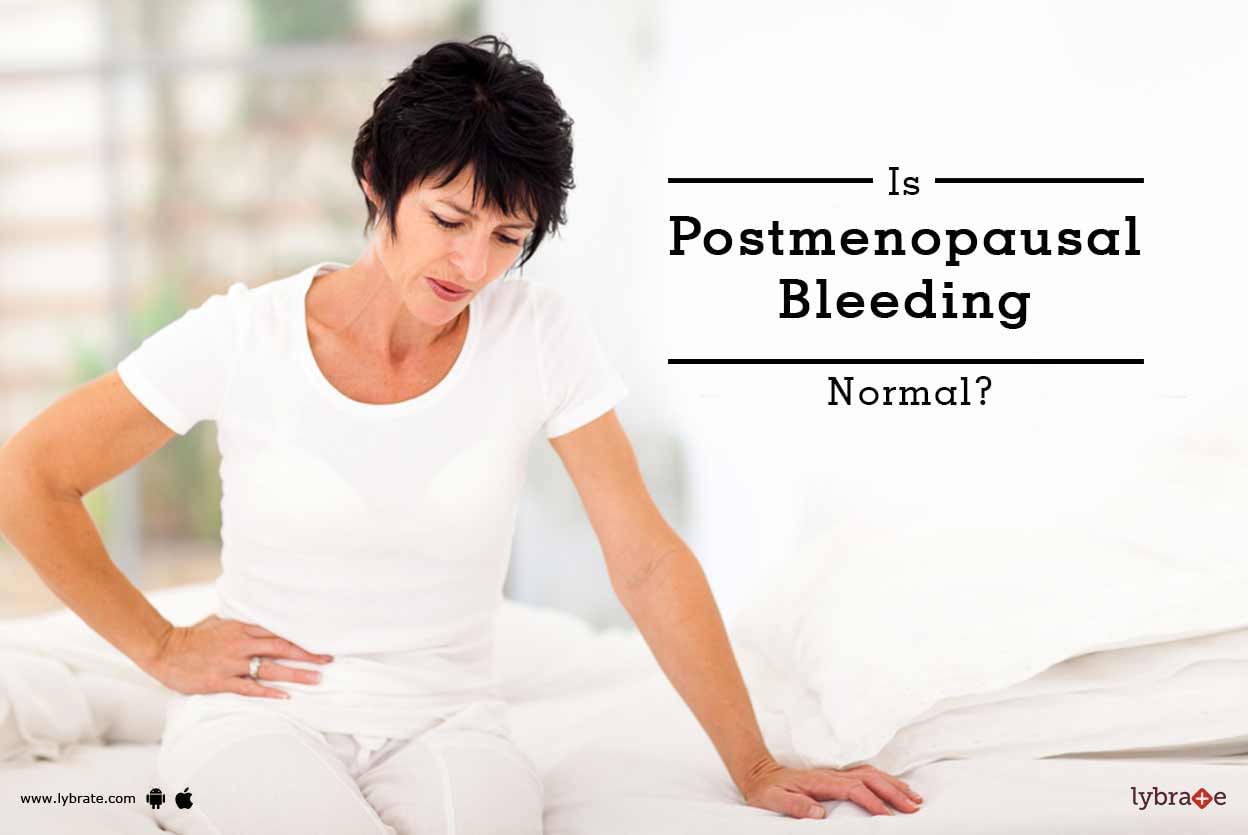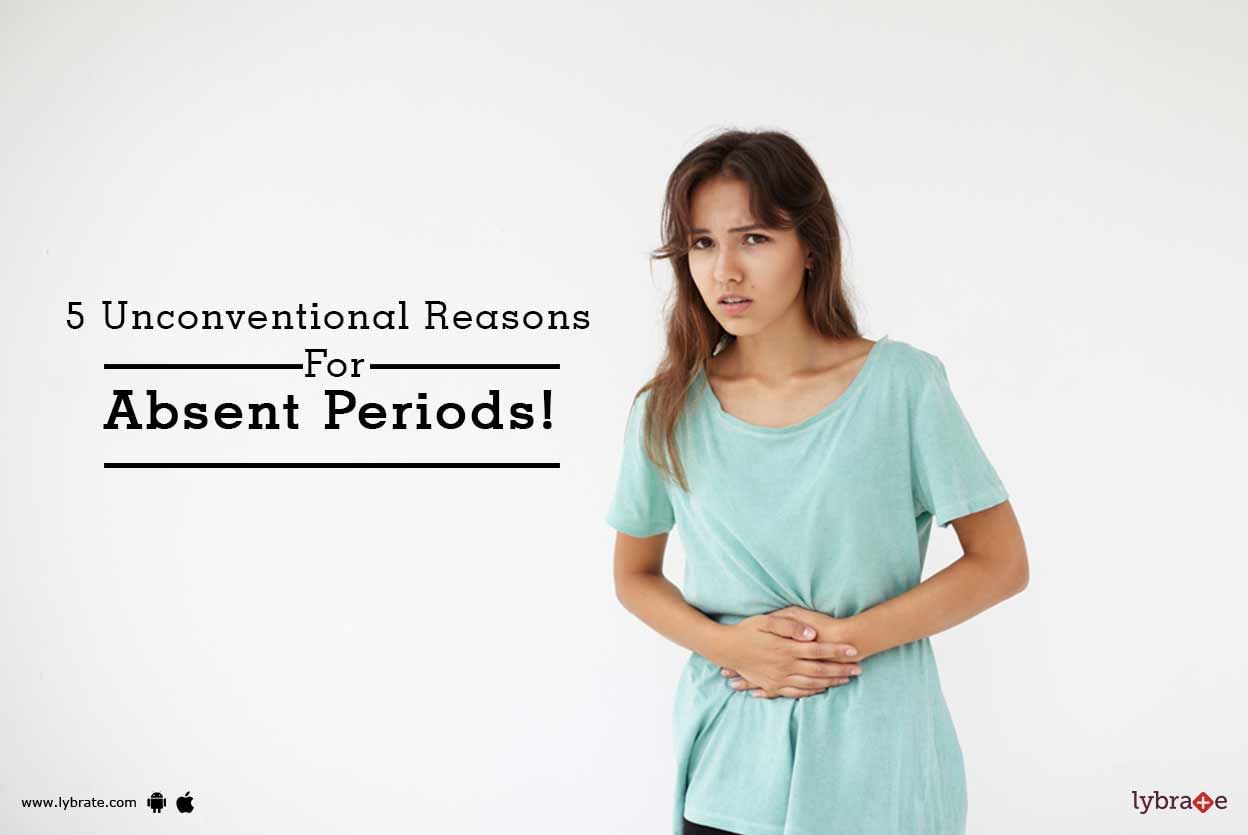Get the App
For Doctors
Login/Sign-up
Health Feed
Find Doctors
Health Packages
AllQ&AsTipsQuizzes
Bleeding between Periods Tips
Last Updated: 6 years ago• Featured Tip
Share
Bookmark
Report
With an upsurge in the number of women suffering from dysfunctional reproductive systems and a myriad of gynecological problems, resulting in irregular periods, infertility and several other complications, it is of paramount importance to keep a record of the dates and duration of your monthly cycles. This is not only useful for future reference when you visit a gynecologist, but it also helps you to understand if there are delays in period or excess of bleeding in any particular month.
more
more
Last Updated: 6 years ago• Featured Tip
Share
Bookmark
Report
Menstruation is the monthly discharge of blood from the vagina, which lasts for about 5 to 6 days. It is the shedding of the inner lining of the uterus, when pregnancy does not occur after the release of an egg from the ovary. Menstrual periods are generally often accompanied by painful cramps in the lower abdomen, heavy bleeding, weakness, water retention, irritability and malaise.
What is Menorrhagia?
Very heavy or prolonged periods are medically termed as menorrhagia. It is ...more
What is Menorrhagia?
Very heavy or prolonged periods are medically termed as menorrhagia. It is ...more
Last Updated: 6 years ago• Featured Tip
Share
Bookmark
Report
Excess bleeding or menorrhagia is a common kind of abnormal bleeding occurring at the time of menstruation. Menorrhagia causes more blood loss which leads to anaemia. Fatigue and breathlessness are common symptoms of anaemia.
Symptoms of excess bleeding
A few of the common symptoms of excessive bleeding are:
Discharge of large blood clots is a sign of heavy bleeding
Bleeding during the night which causes disruption in sleep as one has to wake up several times in ...more
Symptoms of excess bleeding
A few of the common symptoms of excessive bleeding are:
Discharge of large blood clots is a sign of heavy bleeding
Bleeding during the night which causes disruption in sleep as one has to wake up several times in ...more
Last Updated: 6 years ago• Featured Tip
Share
Bookmark
Report
Noncancerous growths of the muscle tissue surrounding the uterus are known as uterine fibroids. This is a common disease which about 70 to 80% of women contract by the time they are 50 years of age. The uterine fibroids can sometimes be very big and cause heavy periods as well as severe abdominal pain while at other times, uterine fibroids give no signs or symptoms whatsoever and go away on their own. This is why it is crucial to know what type of uterine fibroids you have and how to diagnose th...more
Last Updated: 6 years ago• Featured Tip
Share
Bookmark
Report
Should you be hitting your gym during your time of the month that is during your periods? This is a very common query and is presently a debatable issue. However, after weighing the various pros and cons, it has been concluded that working out during your periods is actually a good thing.
How work out during menses is helpful?
Exercising helps in beating the uncomfortable and painful cramps in the lower abdomen and helps in relieving fatigue, headaches and malaise. Exercising...more
How work out during menses is helpful?
Exercising helps in beating the uncomfortable and painful cramps in the lower abdomen and helps in relieving fatigue, headaches and malaise. Exercising...more
Last Updated: 6 years ago• Featured Tip
Share
Bookmark
Report
Menstruation is the monthly discharge of blood from the vagina, which lasts for about 5 to 6 days. It is the shedding of the inner lining of the uterus, when pregnancy does not occur after the release of egg from the ovary. Menstrual periods are generally often accompanied by painful cramps in the lower abdomen, heavy bleeding, weakness, water retention, irritability and malaise.
What is Menorrhagia?
Very heavy or prolonged periods are medically termed as menorrhagia. It is abn...more
What is Menorrhagia?
Very heavy or prolonged periods are medically termed as menorrhagia. It is abn...more
Last Updated: 6 years ago• Featured Tip
Share
Bookmark
Report
Most women attain menopause between the ages of late 40s and early 60s, the average age being about 51. This is an important milestone in a women's gynecological history. One major change is altered female hormone levels, and this leads to a lot of physiological changes. From hot flashes to mood swings, there is also increased predisposition to osteoporosis and uterine cancer.
If you have not had your menstrual cycles for close to 12 months, chances are you are into menopause. So, that ...more
If you have not had your menstrual cycles for close to 12 months, chances are you are into menopause. So, that ...more
Last Updated: 6 years ago• Featured Tip
Share
Bookmark
Report
Most women attain menopause between the ages of late 40s and early 60s, the average age being about 51. This is an important milestone in a women-s gynecological history. One major change is altered female hormone levels, and this leads to a lot of physiological changes. From hot flashes to mood swings, there is also increased predisposition to osteoporosis and uterine cancer.
If you have not had your menstrual cycles for close to 12 months, chances are you are into menopause. So, that ...more
If you have not had your menstrual cycles for close to 12 months, chances are you are into menopause. So, that ...more
Last Updated: 6 years ago• Featured Tip
Share
Bookmark
Report
What is a vaginal discharge?
Normal vaginal discharge also known as leucorrhoea is thin, small in quantity, white/ transparent/ translucent, odourless (or occasional slight odour) discharge which is nothing but secretions of the genital organs of a female which keeps the vaginal area clean, moist and fights infection.
Normal vaginal discharge may vary through the menstrual cycle of the female but any change in colour (greenish, greyish, pus-like, yellowish), odour (unpleasant), text...more
Normal vaginal discharge also known as leucorrhoea is thin, small in quantity, white/ transparent/ translucent, odourless (or occasional slight odour) discharge which is nothing but secretions of the genital organs of a female which keeps the vaginal area clean, moist and fights infection.
Normal vaginal discharge may vary through the menstrual cycle of the female but any change in colour (greenish, greyish, pus-like, yellowish), odour (unpleasant), text...more
Last Updated: 6 years ago• Featured Tip
Share
Bookmark
Report
The amount of emotional upheaval that periods, or no periods (for that matter) can cause, is something that every woman is aware of. It's normal to miss your period for different reasons occasionally, but develops to be a concern if this absence persists over a period of time. The condition is then termed as a case of secondary amenorrhea. Although most people are quick to consider pregnancy while dealing with the various reasons for missed periods, there are a number of possibilities which are ...more
Book appointment with top doctors for Bleeding between Periods treatment
View fees, clinic timings and reviews
Ask a free question
Get FREE multiple opinions from Doctors
posted anonymously


